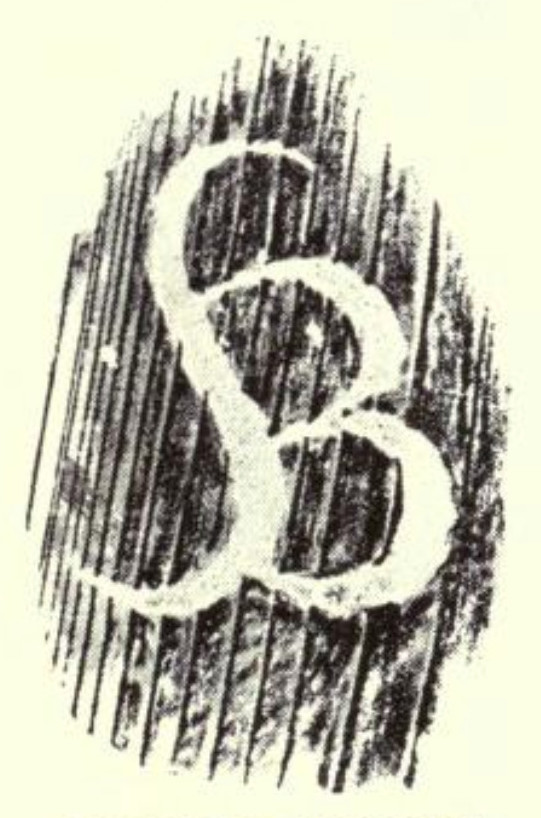Shirley Brooks was a long-time contributor to Punch, and its editor from 1870-74. The paragraph division, the two illustrations, and links, have been added to the original. Click on the images to enlarge them.

Shirley Brooks's carte-de-visite, photograph by Horatio Nelson King, 1860s © National Portrait Gallery, London (NPG x4692), by kind permission.
With profound regret, naturally finding the deepest expression in these columns, to which for so many years he was a valued contributor, we have to record the death of Mr Charles Shirley Brooks, the distinguished author and journalist, which took place soon after two o’clock, on Monday morning last, at his residence, Kent-terrace, Regent’s Park. He had been for some time severely indisposed, and his medical attendants had been obliged to relinquish all hope of his recovery several days prior to the fatal issue of the complication of diseases from which he had long suffered. Almost to the very last, he had, however, continued to supply the articles required for Punch, besides exercising the supervision demanded from him as Editor of that popular periodical, and so recently as New Year’s Night he took a party of children to Drury Lane Theatre to see the Pantomime, of which he wrote the graphic and genial description printed in the ensuing week. Though his physical strength rapidly gave way, his mental powers seemed to be undiminished even to the latest moment, and the pen has only dropped from his hand within a very brief period. Mr. Shirley Brooks, born April 29th 1816, had not quite completed his fifty-eighth year. Educated with a view to the legal profession, he achieved a sufficient knowledge of its intricacies to pass a successful examination before the Incorporated Law Society. He soon, however, diverged from the paths of law to those of literature, and when he commenced his career he received too much encouragement to allow him too contentedly to turn aside from his chosen track. His earliest articles were written for The Argus, a newspaper which had obtained distinction by the employment of the most vivacious writers, and under the guidance of older hands at journalism (including Dr. Magin), he soon made progress with his pen. To the stage he contributed several pieces that attained considerable popularity at the time. During the Keeley Management of the Lyceum (1844 to 1847) he produced a clever two-act comedy called Our New Governess, Honours and Tricks, a witty and well-constructed comedy, in three acts, and the drama of The Circle, a piece of strong interest, based on a story of slavery in Mauritius. To the Olympic, in 1849, he furnished a play called The Magician, and during Mr. Copeland’s Leaseeship of the Strand, in 1851, he wrote a smart extravaganza called The Grand Exposition, in which the machinery of Scandinavian mythology was ingeniously employed.

Brooks's monogram, Spielmann 63.
In 1850 Mr Brooks became the writer of the Parliamentary summary for the Morning Chronicle, and occupied this position for five years. As the Special Commissioner of the Morning Chronicle he spent six months in Russia, Asia Minor, and Egypt, his contributions to the newspaper being afterwards reprinted in Longman’s “Travellers’ Library,” under the title of The Russians in the South. His novel of Aspen Court, published in a convenient form in 1857, immediately secured wide attention, and this lively work was followed by The Gordian Knot, The Silver Cord, Sooner or Later, Miss Violet and Her Offers, and several other works showing remarkable powers of humour and keenness of observation. To The Era, he contributed for many years, and it was only in the consideration of the increasing claims upon his time, enforced by his becoming Editor of Punch, on the decease of Mr Mark Lemon, that he reluctantly retired from a post in which his services so highly valued. A versatile and voluminous writer, ever wielding a polished pen; a brilliant conversationalist, whose repartees never left other than pleasant memories behind; society has to mourn, in the death of Mr Shirley Brooks, the loss of one of the most delightful of its entertainers, and his many personal friends will henceforth have to lament on their earthly pilgrimage the absence of one of the most genial of companions.
The funeral takes place in Kensal-green Cemetery this day (Saturday), at twelve o’clock.
Bibliography
The Era, Saturday, 1 March 1874: 4.
[Illustration source] Spielmann, Marion Harry. The History of "Punch". London: Cassell, 1895. Internet Archive. Contributed by the University of California. Web. 29 November 2023.
Created 29 November 2023